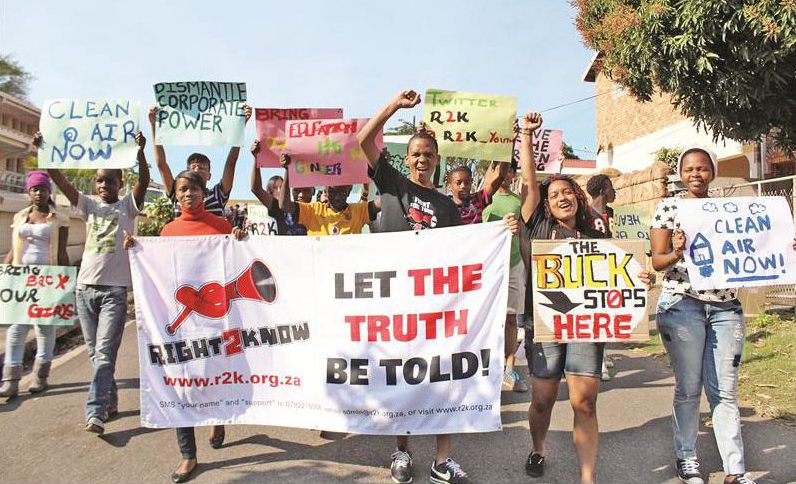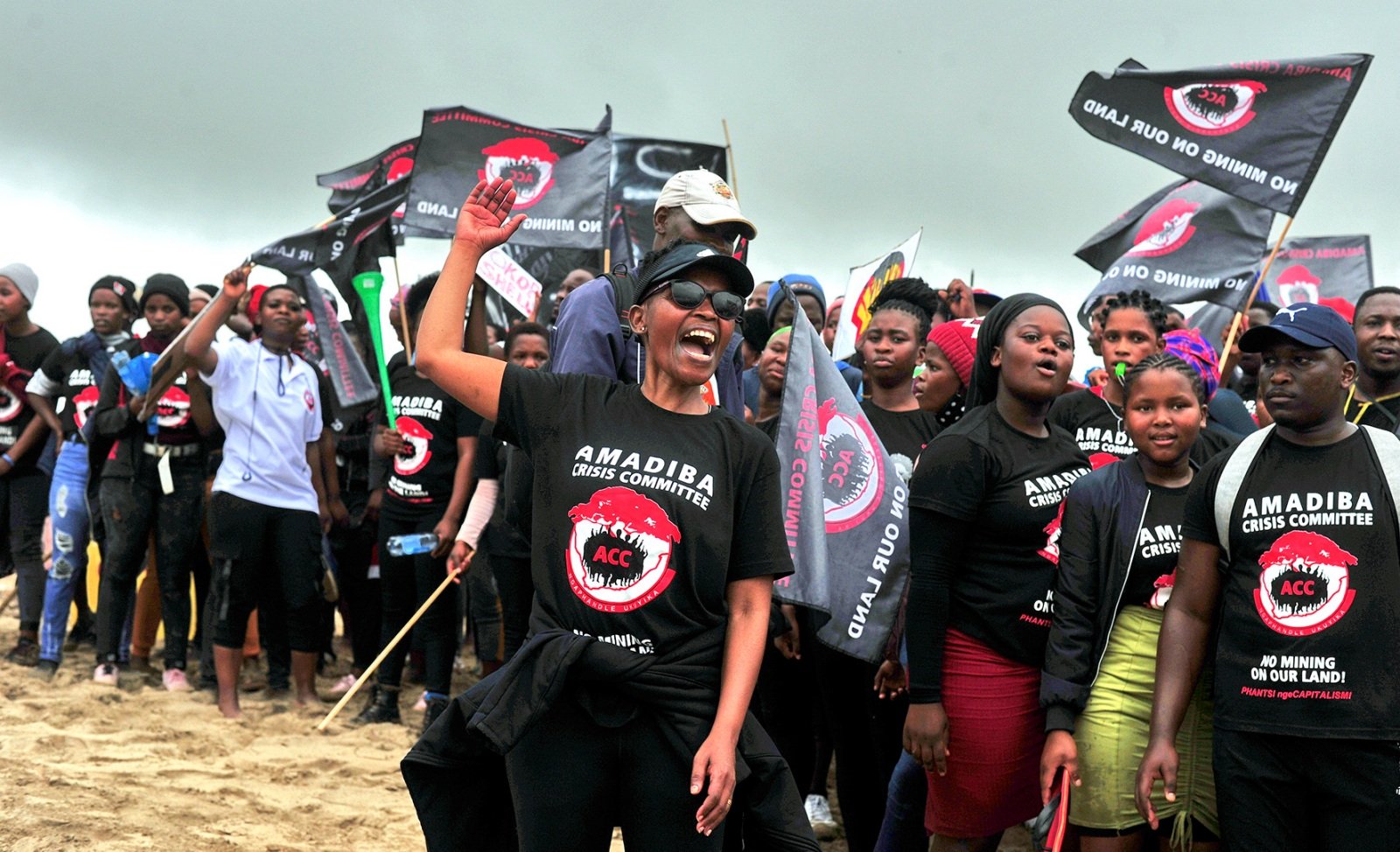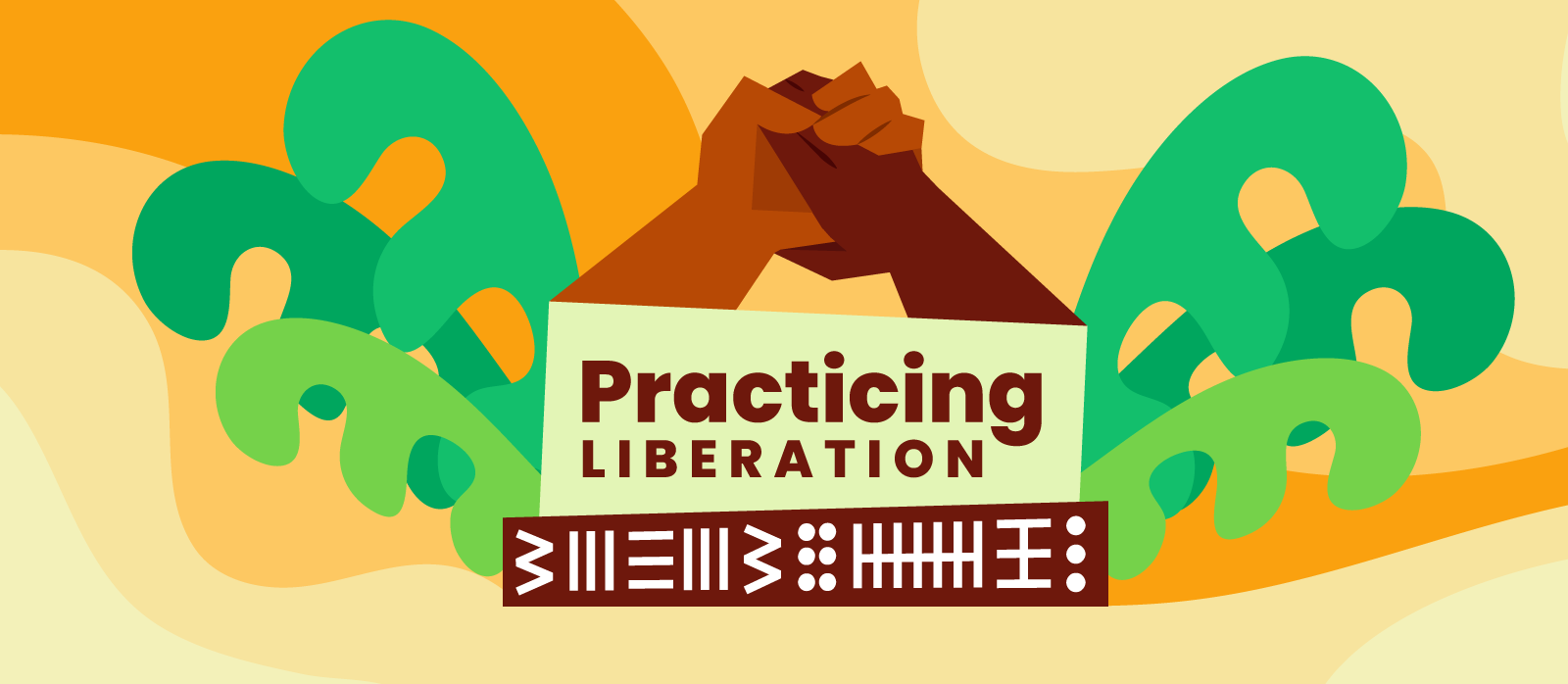Giving as whole beings, not living ATMs

This article first appeared in Alliance Magazine‘s March 2018 issue on Diaspora Philanthropy.

The traditional use of Cowerie Shells as money reflects the African diaspora’s strong connection with the continent as a whole.
While African Diaspora communities have given for decades and continue to do so through various formations, we have yet to maximize the diaspora’s giving potential.
This may be about to change.
To tap into the diaspora’s financial and intellectual capital, African countries have launched strategic diaspora initiatives, the African Union has established a Diaspora Division, and an increasing number of international organizations and foundations have initiated diaspora outreach. This growing engagement provides the opportunity to explore two questions: What is the state of African Diaspora philanthropy? How can we mobilize the resources it offers to contribute to transformative change in Africa?
Variety and dynamism
African Diaspora philanthropy is diverse and dynamic, from capital projects such as hospitals and schools, to humanitarian disasters. Its means are equally diverse: cash transfers, communal and cultural structures, remittances, fundraising events, and online tools. There are also generational trends emerging. Younger diaspora members are more open to online giving, independent causes, and have returned to pan-African ideals and practices, while older diaspora members tend to give through familial and cultural structures and show a slight preference for their countries of origin.
New institutions
Institutions have arisen to formalize this giving. In the UK, Afford has been working to promote the diaspora’s role in Africa’s development for decades, while in the US in the last five years, Africans in the Diaspora (AiD), which builds diaspora philanthropy, and African Diaspora Network, which convenes an annual African Diaspora Investment Forum, have emerged. Moreover, understanding the power of diaspora resources, an increasing number of organizations such as Thousand Currents, where AiD is housed, Carnegie, and UNICEF have initiated African diaspora programming.
Understanding African diaspora giving
A major task for these organizations is to understand diaspora philanthropy. Through our work of connecting African Diaspora resources with local groups and movements, AiD has learned a few important lessons about harnessing diaspora resources to support the work of people and communities in Africa.
First, much of the existing knowledge about African Diaspora giving is anecdotal, small-scale, and rests within individual communities and organizations. There is an immense need to conduct research on the motivations, patterns and practices of African Diaspora giving on a large scale. Only when we have a picture of the wider forest will we be able to identify the trees within it. This research and empirical evidence is also important in placing African Diaspora philanthropy on the table as a powerful contributor to transformative change.
Second, building diaspora philanthropy has political and ideological implications. Some African Diaspora philanthropy exists within the larger context of western aid and philanthropy, at times mimicking its practices while forging a unique path that averts its pitfalls. This is much like the evolution that African philanthropy is undergoing in Africa.
While philanthropy in Africa is more advanced than philanthropy from the diaspora in terms of formal institutions and philanthropy networks, both are grappling with similar questions of identity and practice, particularly around building philanthropy that is foundationally African and that unlocks African resources for Africa’s self-determined transformation.
Recreating trust
One of the most common questions AiD is asked by potential diaspora donors is why people should give to local, grassroots organizations? Research confirms that when diaspora communities give, they tend to favor international organizations over local ones. This is partly a matter of access and information, but also has to do with a mistrust in African institutions that colonialism, western aid and the white-saviour industrial complex have seeded and which have affected perceptions of Africa. In order to advance African Diaspora philanthropy, we need to undo these systemic biases by lifting and resourcing African institutions.
A pan-African outlook
Due to geographic, historic, cultural and political ties, African Diaspora communities identify as strongly with Africa as a whole, as they do with particular nations or communities and this is reflected in their philanthropy. For example, in AiD’s crowd-sourced fundraising campaigns, diaspora communities gave as much across national lines as they did to their countries of origin. This is a promising opening for efforts to draw diaspora philanthropy through national, regional, and continental entry points.
The importance of the personal
African Diaspora giving is also at least partly motivated by personal connections and trust. In a survey we conducted about what motivates donors to give to causes in Africa, the top responses were ‘I trust the organization,’ ‘I know someone affected by the issue,’ ‘I know someone at the organization,’ and ‘It is in my home country.’
Members of the diaspora want to connect to the work in a meaningful, relational way.
They want to meet the groups and individuals their work supports, engage in dialogue, and participate in learning opportunities that deepen their knowledge and connections to the continent. Diaspora Africans give when their voices, talents, and skills are engaged. They give when they are seen as whole beings, not just living ATMs.
The need for capacity
Finally, since institutional philanthropy for African Diaspora communities is relatively new, there is a tremendous need to strengthen capacity, a role that can be supported by philanthropic actors in the West. We can do so by investing in diaspora-led organizations, integrating diaspora members into leadership positions and boards, and supporting diaspora communities in building bridges between themselves and local organizations and movements on the continent.
Ultimately, African Diaspora philanthropy can be as much an assertion of agency and reclamation of power as a conduit for resourcing social change. To that end, efforts to engage diaspora philanthropy must be grounded in authentic relationships and centre on diaspora leadership, voices, and strategies.
Related Stories



